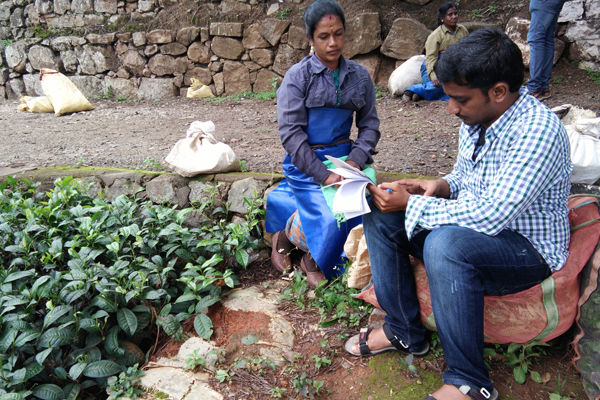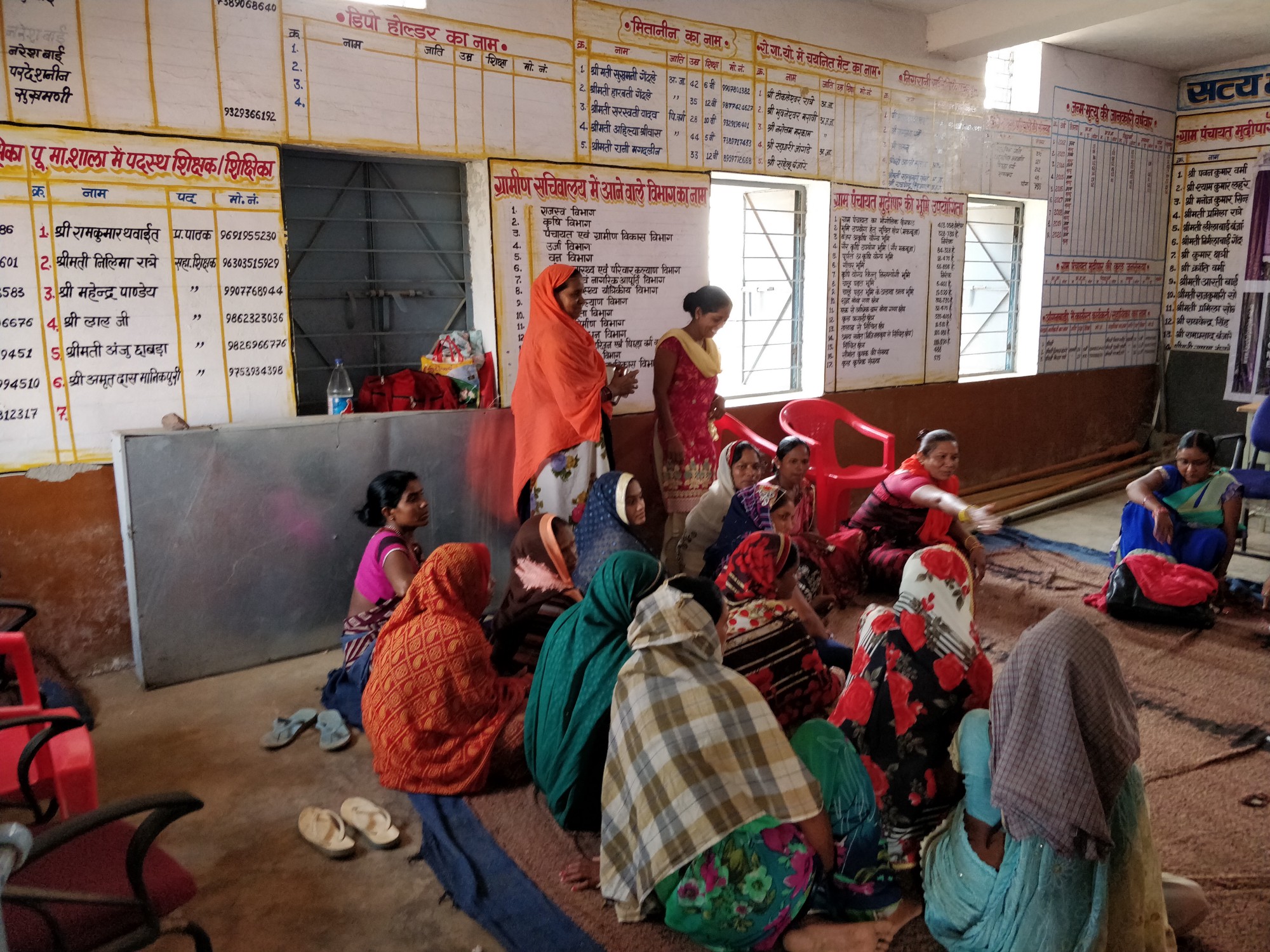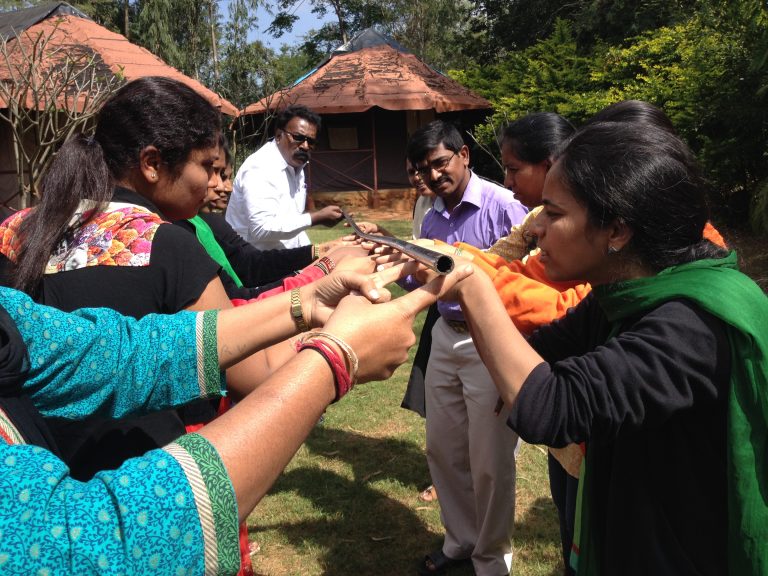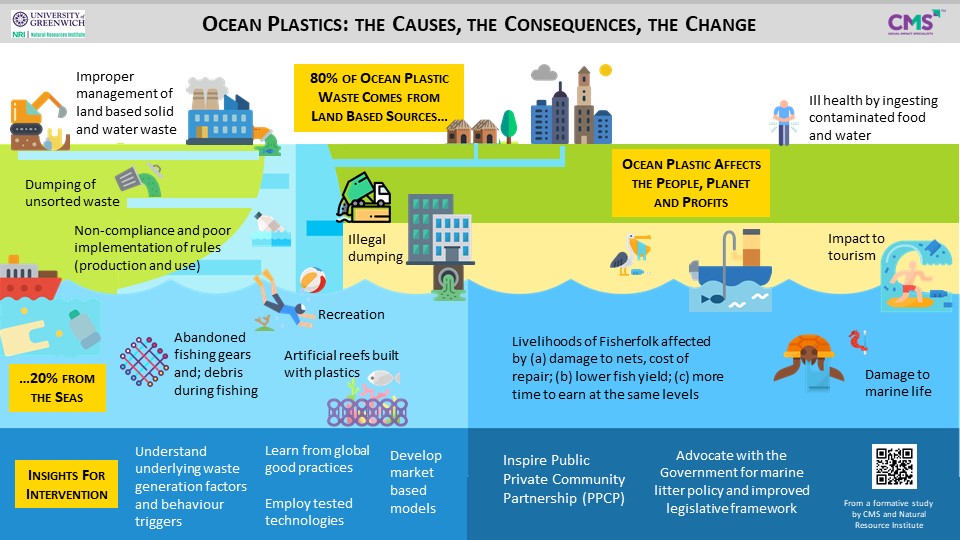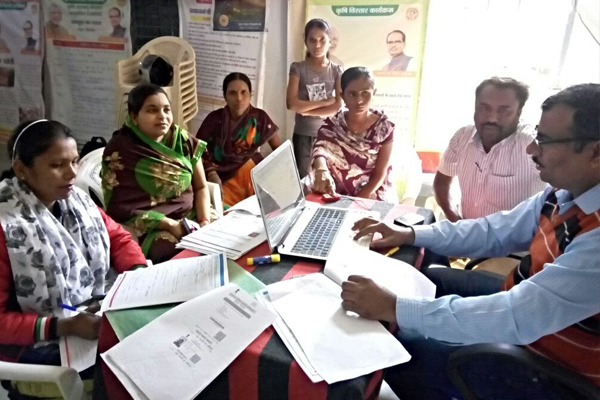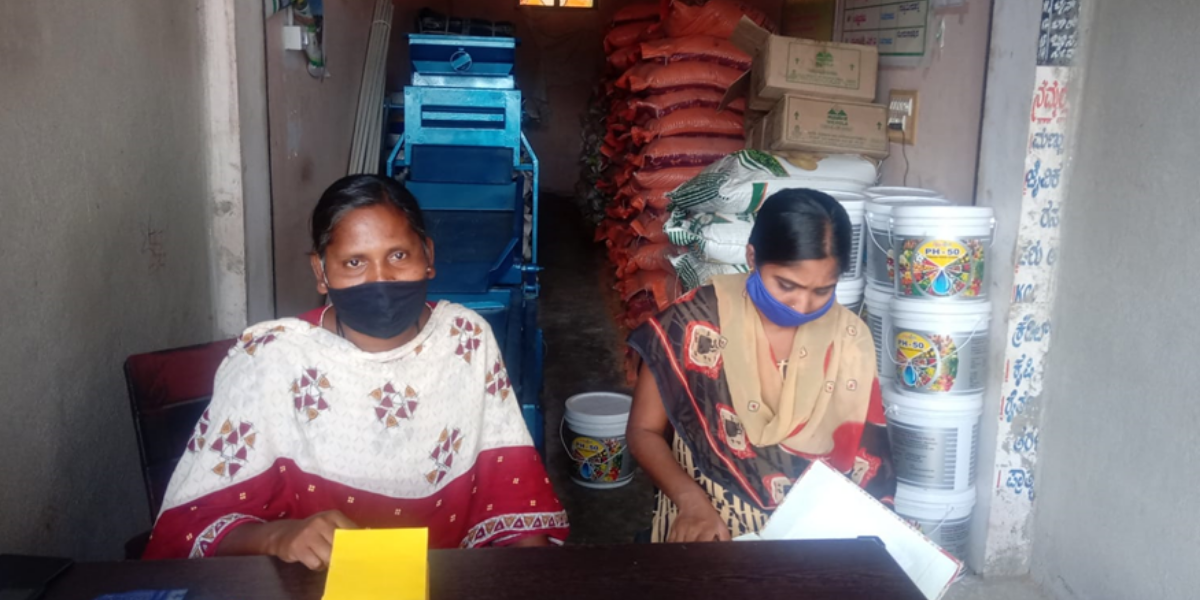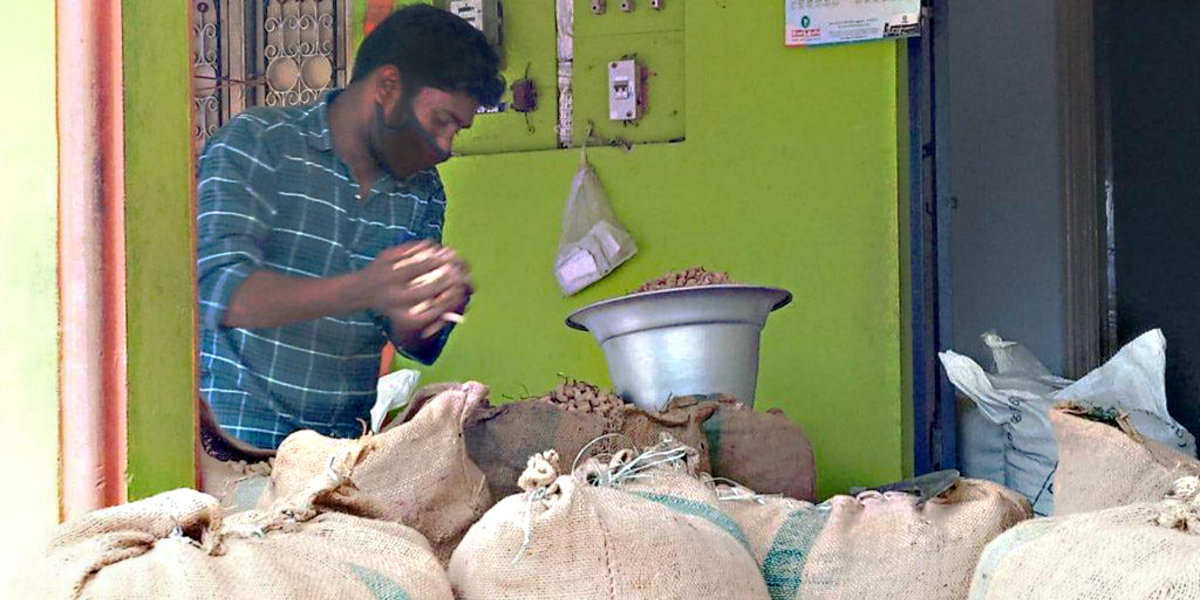INNOVATIVE FINANCING: ADJUSTING TO THE WAVES OF CHANGE
Innovative Finance for social development is the use of non-traditional mechanisms to raise additional funds for development thereby enhancing the efficiency of financial flows and making it outcomes- or result-oriented. This allows the doers to focus away from mobilization of resources and more on delivering positive social and/or environmental outcomes through market-based instruments. We aim to scan the new and emerging financial instruments in the sector and focus on bringing out efficient and effective solutions that could be scaled. Our Solution Circle lead Narendran elaborates further, “Societal problems are complex, and some key sectors are not attracting sufficient investments (e.g. Child Marriage, Disability). Today’s social development issues are more protracted and affect more people than ever before. Innovative financing is one potential approach that could address these rapidly changing and growing needs of this sector.”
Innovative financing has “mobilized nearly $100 billion USD and grown by approximately 11% per year between 2001 and 2013”. Given the pivotal nature of finance in designing effective programmes and delivering above par outcomes, it makes absolute sense for various stakeholders to place greater expectations on the future of innovative financing.
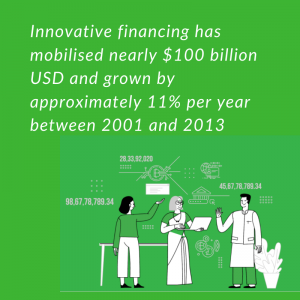 As traditional financing becomes obsolete, more and more funders look for not only verifiable and quantifiable outcomes but also for a combination of social and financial return on investment.
As traditional financing becomes obsolete, more and more funders look for not only verifiable and quantifiable outcomes but also for a combination of social and financial return on investment.
Innovative financing has tremendous untapped potential. To make an impact and elevate the platform for innovative financing in India, a 2 pronged approach is essential. Firstly, focusing on methods available to strategize and adopt key innovative finance mechanisms specifically for complex social problems; secondly, creating a marketplace for connecting those with demand for funds and investments, and those providing funding.
Evaluating innovative financing mechanisms and assessing the most effective one amongst them is a task. In India, we have only a handful of such innovations running in practice. Innovative financing though, now has gained high interest, especially in the development sector. Outside of the country, one such initiative was UNITAID, founded by Brazil, Chile, Norway, France and the UK, where they leveraged innovative funding for targeted interventions to impel lasting change globally. With its core focus being on health by increasing access to qualitative medicines, diagnostics and related commodities in HIV, malaria and TB by making an impact in the market, UNITAID provides an exceptional example of what such funding models could achieve in a short time. UNITAID’s funding showed proven results: 50% reduced price for AIDS medication, 3 in 4 affected children in the world are on HIV therapy, scaled-up national Prevention of Mother-To-Child Transmission of HIV (PMTCT) programmes etc. Within India, we have seen a few with initial successes like the development impact bond pilot implemented by Educate Girls in Rajasthan. A few more similar results-based financing models are now in various stages of planning and implementation across sectors like health, education, sanitation in India, each pointing to an evolving ecosystem for such interventions.
Given that innovative financing has a strong emphasis on results, it is reasonable to conclude that establishing partnerships amongst public-private sectors can yield better results. With an effective distribution of delivery and financial risk, a marketplace that helps strengthen the ecosystem for innovative financing products is the need of the hour. Through practitioner insights and experiences shared with exchanges of ideas, we aim to co-create a white paper for a marketplace that would act as a platform for various stakeholders to transact efficiently. There is no such platform that currently exists in India, but we have seen a few successful examples in countries such as Jamaica and Canada. The Jamaica Social Investment Fund (JSIF) was primarily designed to channel resources to various small-scale community-based projects. They ensure transparency, accountability and efficiency by following an Operations Manual with clear instructions. The JSIF was initially funded by a loan negotiated between the Government of Jamaica and the World Bank. Though the Fund was initially established as a temporary one, it has been in operation for over 10 years.
Knowing the importance of innovative financing and how it surfs through is key in utilizing and leveraging it for optimum results. With the participation of some of the foremost development and development financing stakeholders in the sector, in the Innovative Financing Solution Circle, we believe this is a task well begun and will create some lasting ripples of change.
This article was first published on www.healthbizinsight.com


